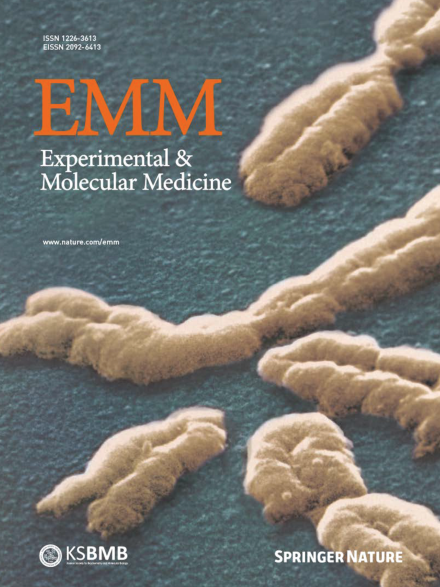
세포와 세포소기관 유전자 염기교정 원천기술 개발과 고도화 연구
연구책임자 : 울산대학교 김용섭 교수
고효율 CRISPR-CasRX 기반 RNA발현 제어 핵심원천 기술 개발
연구책임자 : 한양대학교 황정욱 교수
Advances in sequencing technology have greatly increased our ability to gather genomic data, yet understanding the impact of genetic mutations, particularly variants of uncertain significance (VUSs), remains a challenge in precision medicine.
The CRISPR‒Cas system has emerged as a pivotal tool for genome engineering, enabling the precise incorporation of specific genetic variations, including VUSs, into DNA to facilitate their functional characterization.
Additionally, the integration of CRISPR‒Cas technology with sequencing tools allows the high-throughput evaluation of mutations, transforming uncertain genetic data into actionable insights.
This allows researchers to comprehensively study the functional consequences of point mutations, paving the way for enhanced understanding and increasing application to precision medicine.
This review summarizes the current genome editing tools utilizing CRISPR‒Cas systems and their combination with sequencing tools for functional genomics, with a focus on point mutations.
Experimental & Molecular Medicine 2024.4.












